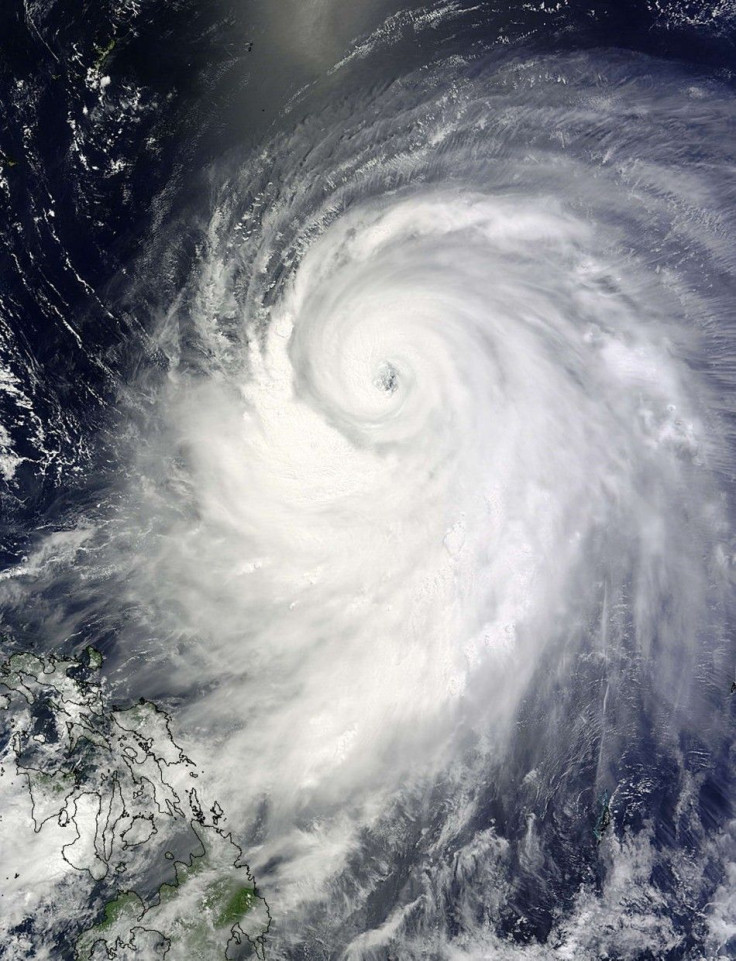Radio Australia Cuts to Affect Isolated Vanuatu Residents Who Rely on It for Weather Bulletins

It is not only Australians who would be affected by the cuts made in Radio Australia's budget, but also residents of nearby Pacific isles who rely on the broadcaster for weather updates.
Islands Business reports that one of the affected communities is an isolated community in the island of Vanuatu at the south-eastern extreme part of the island.
"We rely a lot on Radio Australia when there's a cyclone coming. We have no telephone on this side of the island and we often can't hear Radio Vanuatu," Islands Business quoted Miranda, a member of Vanuatu's Community Disaster Committee.
In this era of technological advances which offers alternative broadcast and Internet services in lieu of traditional radio broadcasts, some of those options, unfortunately, are not workable in the tiny islands in the Pacific and Oceania.
The result is heavy reliance by these Pacific islanders as well as media organisations in the region to receive news and features from Radio Australia and Radio New Zealand to get updates on global and regional issues.
The Vanuatuans are one of the casualties of the budget cuts made by the Abbott government which revoked last week the $250 million contract with ABC by removing the Australian Network television on just 90 days notice. Around 80 workers from ABC International would be axed because of the budget cuts.
Read: ABC Axes 80 Jobs in Forced Redundancy Programme; Scraps Radio Australia English Language Team
With $22.3 million lopped off from ABC's budget, leaving the broadcaster with only $15 million to work with, the company had no recourse except to close certain services such as English language programmes, morning show and current affairs unit.
Sean Dorney, a Pacific correspondent and one of those who would lose his job, told Islands Business, "I can understand why my job has been eliminated. I worked mostly for the Australia Network TV news service, which was funded under the Foreign Affairs contact. But I'm really feeling sorry for my colleagues at Radio Australia, who have become huge casualties of the reorganisation following this budget decision."
While the revocation of the Australian Network contract is the culprit for the loss of broadcast services to Vanuatu, the cuts to Radio Australia appears to be an underestimation of the importance of reaching the islanders in the Pacific on the part of ABC management.
Dorney lamented, "Too few people in Australia understand how important Radio Australia has been in the Pacific."






